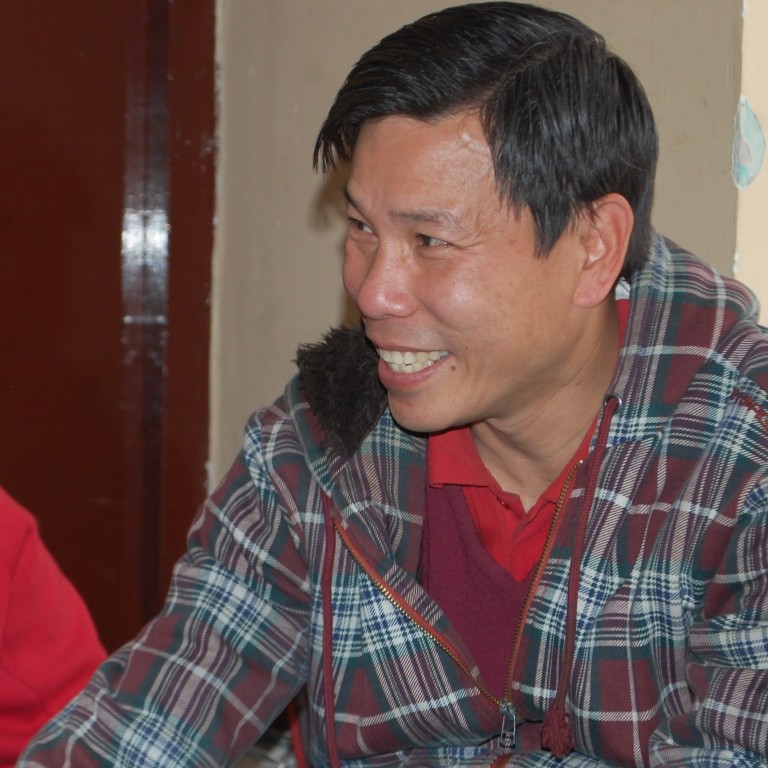
Afghanistan’s school for street kids and the Singaporean doctor behind it
- Breshna started working at age six to support herself after her parents died, but Dr Wee Teck Young’s non-profit organisation in Kabul has given her – and many others like her – respite, food and a future
Every AFTERNOON, as the neighbourhood of Pul-e-Surkh in the Afghan capital of Kabul starts to come alive, 10-year-old Breshna takes her bag of socks and chewing gum and starts working the local cafes, shops and supermarkets. In scrappy clothes and with hands numb from the cold, she walks from business to business bearing her items for sale – as well as the heartache of losing her mother and father.
Breshna was six years old when her father died of cancer, thrusting her into a life of work while most other children were starting school. Two years later, her mother died, leaving the eight-year-old to fend almost entirely for herself while living with her grandparents and an aunt.
But since last year, her weekends have been different. She has been able to take time off work and attend the Borderfree Afghan Street Kids School, run by Afghan Peace Volunteers, where she learns the Dari language, non-violence, art, life skills and maths.
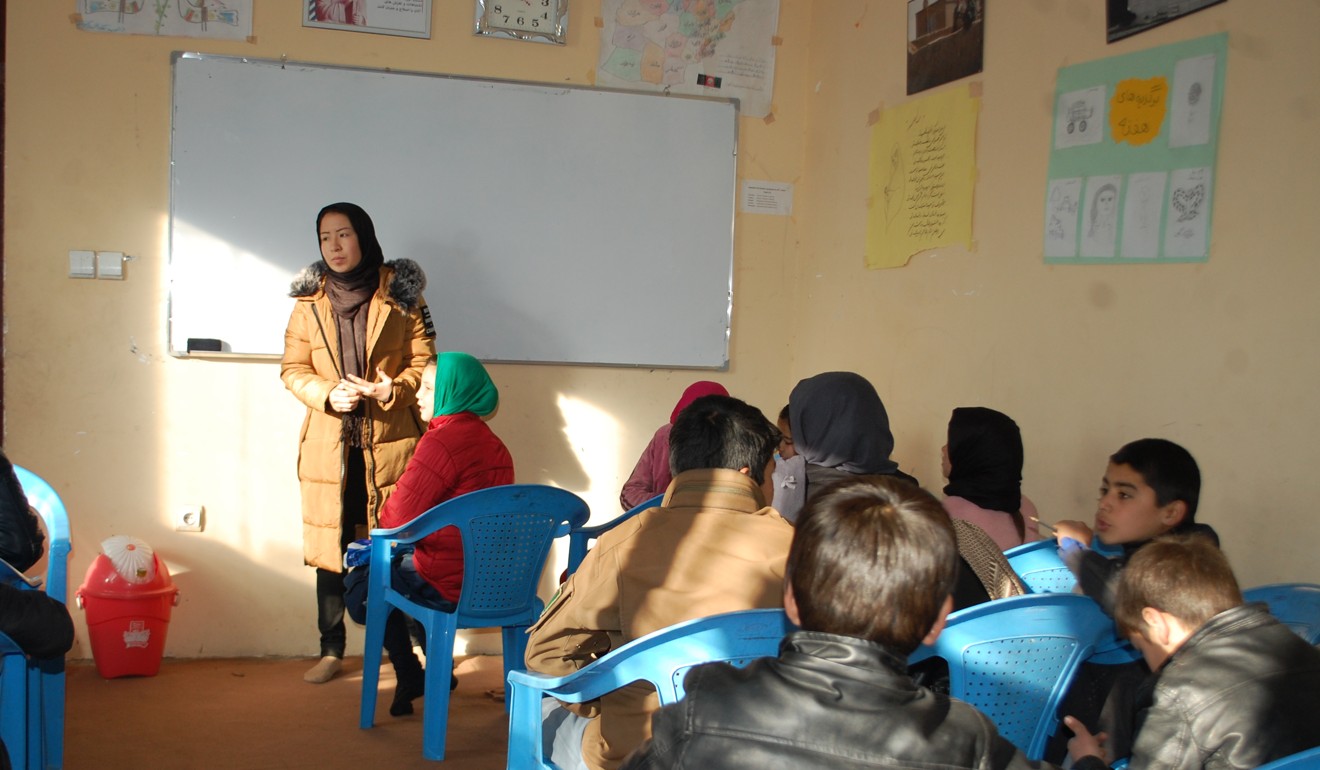
“There is an ongoing war here. Every day people die. This is not life. This is not healthy,” said Dr Wee Teck Young, an international mentor of the Afghan Peace Volunteers. “We need to make fundamental changes to build a better life for more people.”
My experiences with Najib and other Afghan refugees like him made me feel very human and alive
There, while taking a photo with an orphan boy named Najib and his grandmother, the grandmother said angrily: “Why are you asking Najib to smile? He has no reason to smile.”
“I cried later when I recalled those words,” Wee said. “My experiences with Najib and other Afghan refugees like him made me feel very human and alive.”
Since then, he has tried to help change as many Afghan lives as possible. With a Master's degree in Family Medicine from the National University of Singapore, he moved to Afghanistan’s central highlands Bamyan province in 2004 to work for an international development organisation as a doctor.
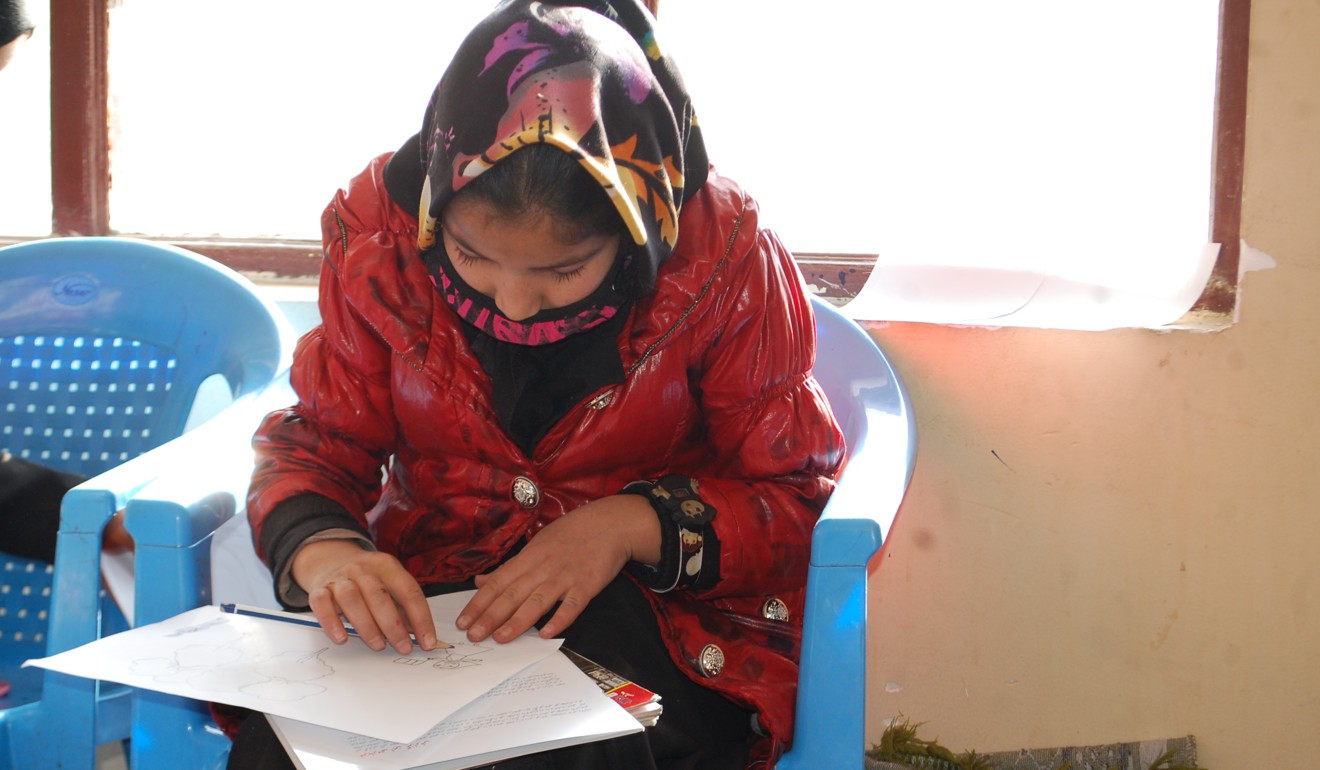
Wee quickly found himself in a province where people were in great need of doctors.
“I went to two remote villages to teach people basic first aid and health care,” he said. “I was fortunate to be able to connect the local health directorate with the Singapore Provincial Reconstruction Team to establish a health training centre for health workers, nurses, and doctors.”
Wee moved to Kabul in 2012 and established the Afghan Peace Volunteers, a non-governmental and non-profit organisation. From a crumbling building in the city’s centre, he works to eliminate inequality, promote non-violence and a green earth.
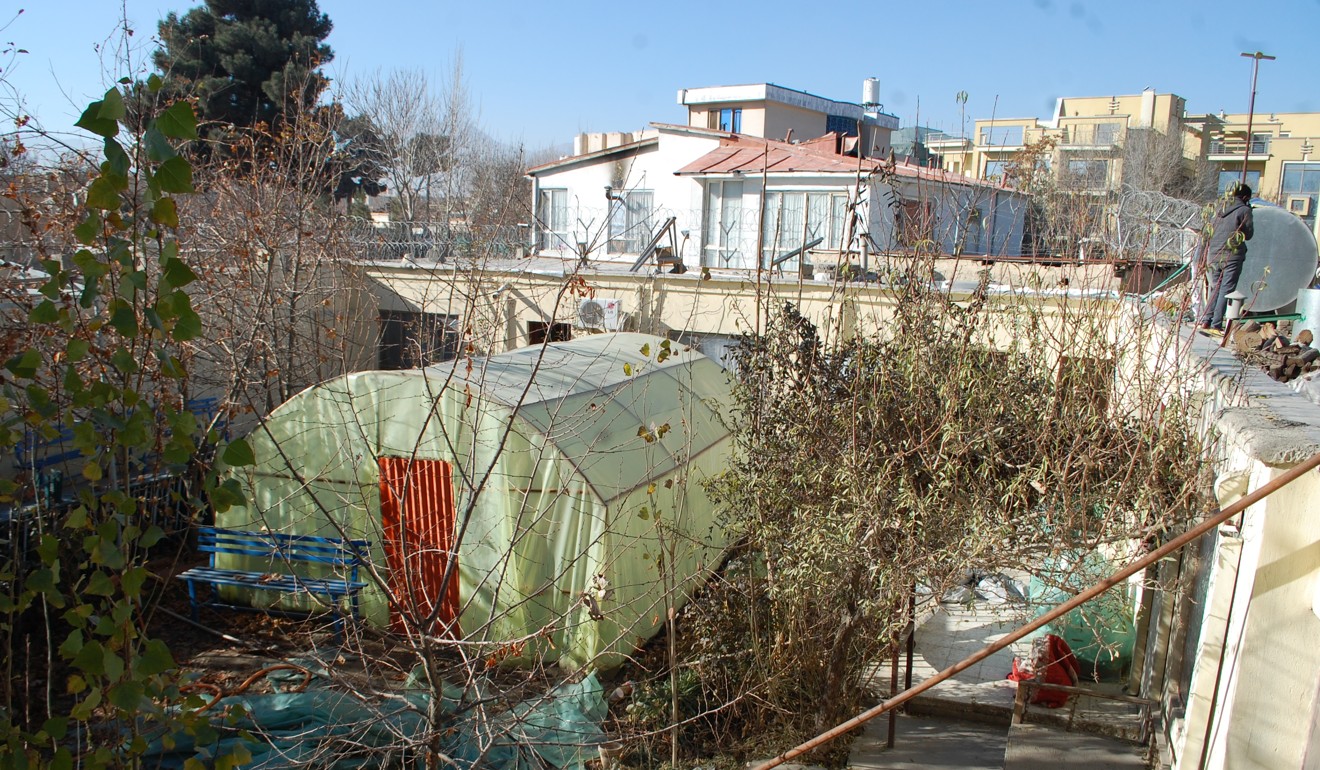
The organisation has about 70 active members. They run a winter duvet project, a local cycling club, non-violence workshops, peace conferences, worker co-operatives, microfinance and a food bank. In 2015, they started the Borderfree Afghan Street Kids School.
“The food bank is our long-term effort to collect local food donations for the 117 kids enrolled in the school,” said Masuma Hussaini, a coordinator at Afghan Peace Volunteers.
“Volunteers in the food bank team have gone door-to-door to find donors for the food bank.”
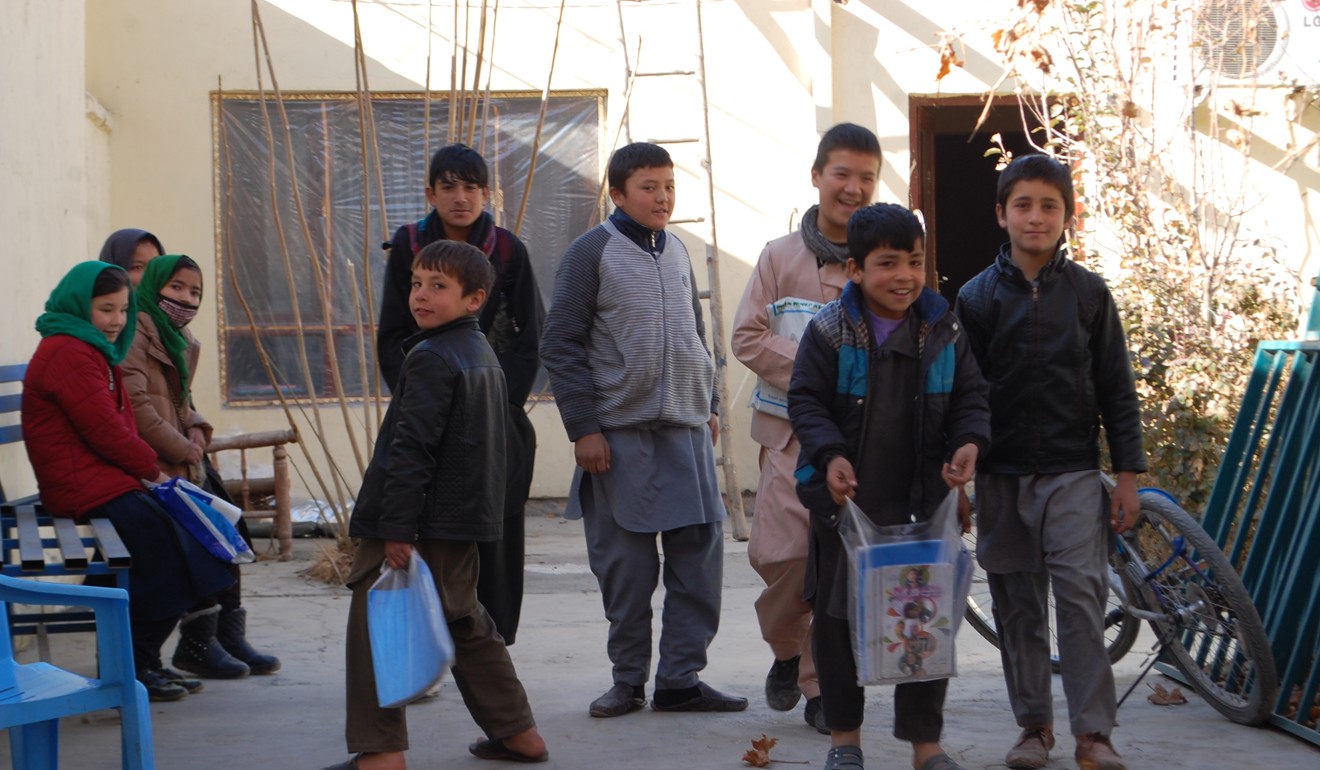
Meanwhile, an international aid organisation is funding the monthly food gifts for the street kids. In a country where half the population lives below the poverty line, these provisions help many families to survive.
“We can rely on the food items we receive monthly,” said Breshna’s grandmother in her one-bedroom rental home. “We are grateful for this.”
China and India can succeed in Afghanistan where US, Russia failed
Wee explained that while the impact of his efforts does not reach the general Afghan population, he is still happy to be able to help a small group of people in need.
“It is all about changing and helping those who are around me, either as volunteers or as people receiving some assistance through the programmes,” he said.
Masuma Hussaini, a senior student of Shaheed Rabbani Education University, joined the centre as a volunteer teacher during her first year at university. Now, she is the only paid worker with the Afghan Peace Volunteers, earning enough for a decent living.
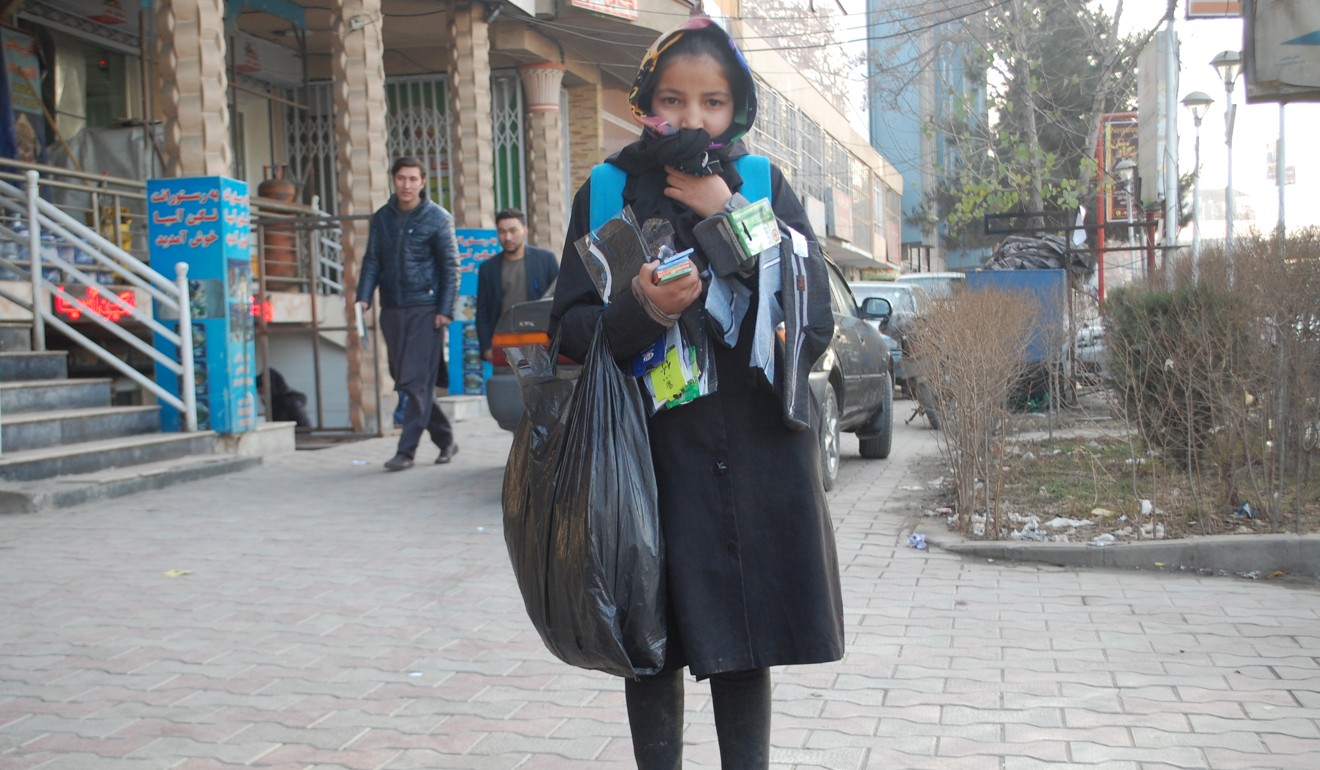
Hussaini herself used to weave carpets in high school to support her low-income family.
“It has been a life-changing experience working with the Afghan Peace Volunteers.
“In addition to having a job now, my close friends tell me that I am kinder and more compassionate since joining the centre and interacting with Dr Hakim,” she said, using Wee’s Afghan name, which was given to him by locals while he was in Quetta.
Where instagramers and Taliban play in Afghanistan
Wee, meanwhile, has worked voluntarily without a salary for more than a decade.
“The programme I get the most energy from is the Street Kids School,” he said in Dari. “I love to see smiles on the faces of Afghan children.”
Among the many children who attended the school in 2015 was 14-year-old Inaam, who was a street-side shoe shiner attending Borderfree Afghan Street Kids School classes on the weekends.
His drug-addicted father was mostly absent, so the teenager had to work and study to contribute to the survival of the family.
Now, the Afghan Peace Volunteers is a second home to him. He is no longer a shoe shiner and is studying in eighth grade in a public high school. During the winter holidays, Inaam spends most of his days with the Afghan Peace Volunteers and Wee, who treats him like a son. ■

